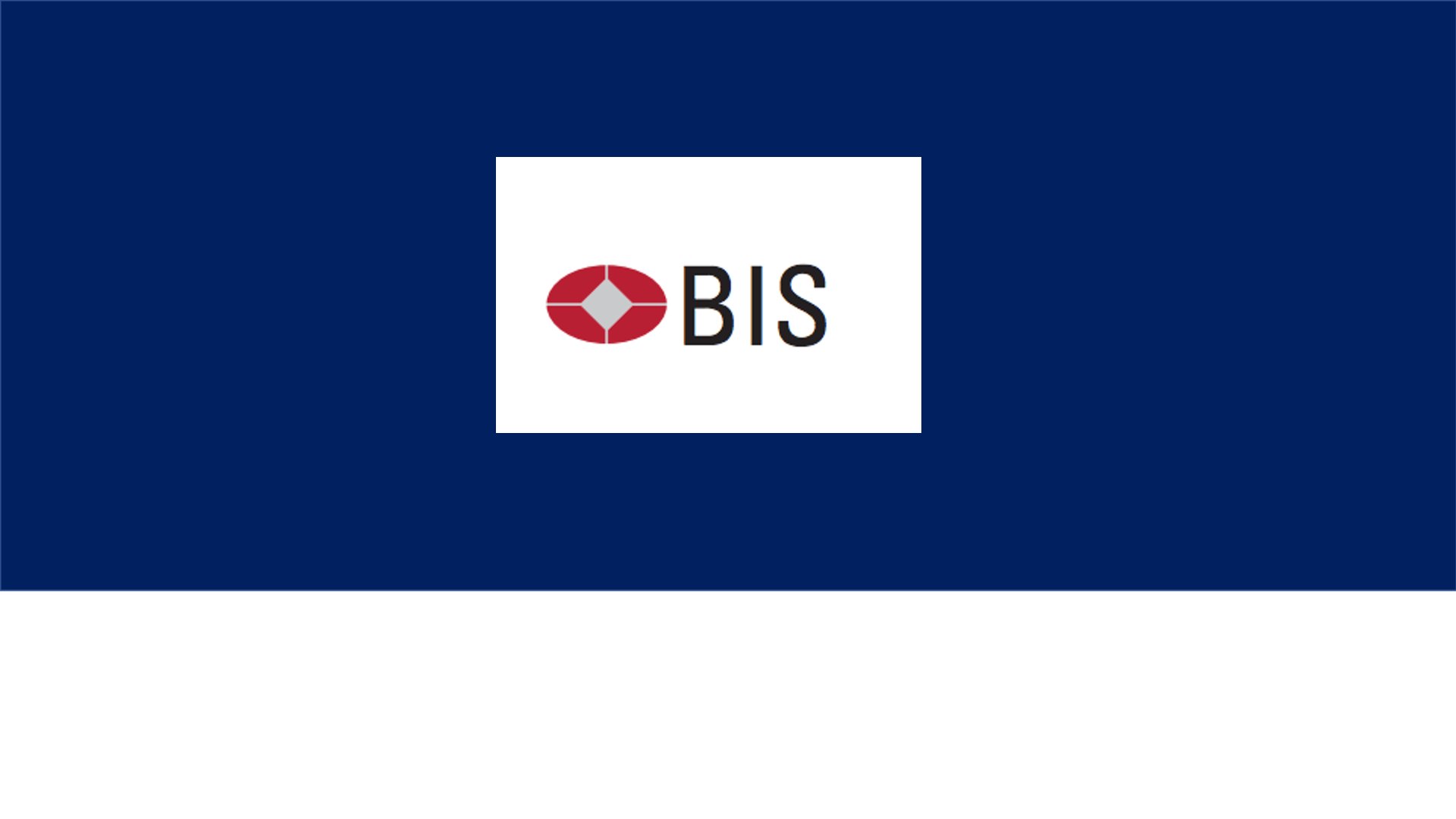Financial markets depend on information flows that facilitate capital allocation. Information governance is the set of regulatory provisions designed to mitigate conflicts of interest that could interfere with these flows, so to ensure that all market participants receive a baseline of reliable information. In this paper, we discuss ways to enhance information governance in sustainable finance, a sector of funding markets that, in addition to financial returns, considers social and environmental benefits. We adapt lessons from research in traditional finance to the unique features of sustainable finance. In particular, assessing the impact of corporate actions on a wide variety of stakeholders requires specialised data and knowledge. This observation has broad implications for disclosures, assurance, ratings and for the role of public bodies in information production. Adequate governance can also help market participants to gauge more accurately how much financial markets can contribute to achieving sustainability outcomes.
Quelle: Information governance in sustainable finance

